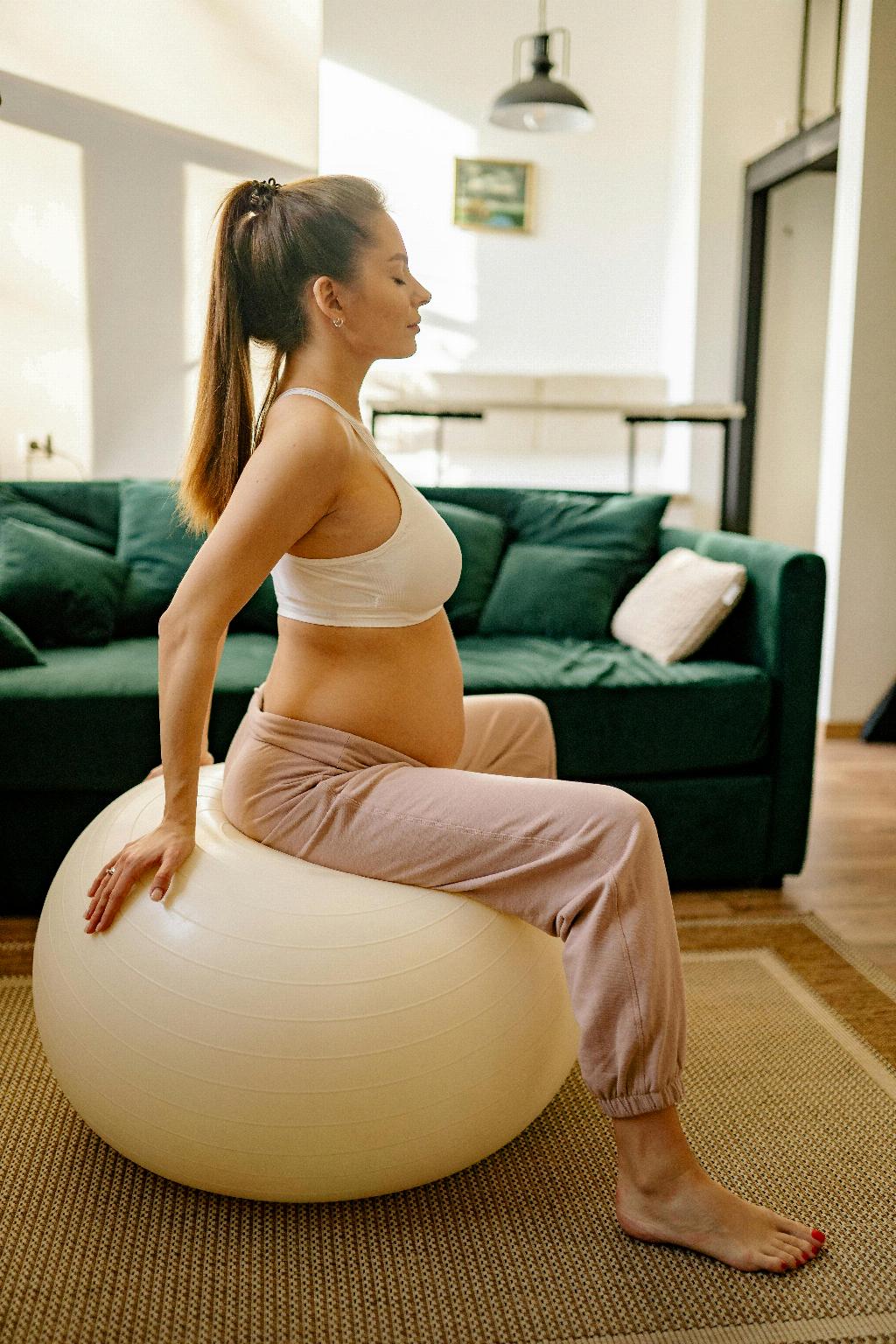Many expectant mothers may wonder about the timing of pregnancy nose and how it might affect them throughout their journey to motherhood. It’s essential to understand that each pregnancy is unique, and symptoms such as pregnancy rhinitis can vary in onset and intensity among individuals.
According to experts like Dr. Greenfield, signs of pregnancy nose typically begin to manifest around the 20 to 30-week mark of pregnancy. This period can vary for each woman, and some may experience symptoms earlier or later in their term. It’s crucial to stay informed and consult healthcare professionals for personalized guidance.
During pregnancy, hormonal changes can contribute to nasal congestion and other symptoms associated with pregnancy rhinitis. This condition can cause discomfort and affect breathing for some women, highlighting the importance of addressing such issues with proper care and management.
Dr. Rosser emphasizes that while pregnancy nose can be bothersome, the good news is that for many women, the nasal and nasal hand changes often resolve naturally within the first six to eight weeks postpartum. This reassurance can provide comfort to those experiencing pregnancy rhinitis symptoms.
Understanding the timeline of pregnancy nose can help expectant mothers prepare for potential changes in their health and well-being as they progress through pregnancy. Being aware of when to expect such symptoms can empower women to take proactive steps in managing their health during this transformative time.
It’s crucial for pregnant individuals to prioritize self-care and seek support from healthcare providers if they experience persistent nasal congestion or other concerning symptoms associated with pregnancy nose. Professional guidance can offer insight and strategies to alleviate discomfort and ensure optimal well-being.
While pregnancy nose is a common occurrence for many women, its onset and duration can vary. Factors such as individual health, lifestyle, and genetic predispositions may influence the severity and timeline of pregnancy rhinitis symptoms, underlining the importance of personalized care and attention.
Remaining informed about the typical timeline of pregnancy nose can aid expectant mothers in anticipating potential challenges and making informed decisions about their health and well-being. By staying proactive and prioritizing self-care, women can navigate the journey of pregnancy with greater confidence and resilience.
For some individuals, pregnancy nose may present as a temporary inconvenience, while for others, it may require more intensive management and support. Being attuned to one’s body and seeking assistance when needed can promote a smoother pregnancy experience and ensure optimal health for both the mother and baby.
As pregnancy progresses and the body undergoes various changes, it’s essential for expectant mothers to listen to their bodies and communicate any concerns or symptoms with healthcare providers. Open dialogue and proactive care can enhance the pregnancy journey and promote overall well-being for both mother and child.
In conclusion, the onset of pregnancy nose typically occurs around the 20 to 30-week mark of pregnancy, with symptoms such as nasal congestion and rhinitis affecting some expectant mothers. By understanding the timeline and nature of pregnancy nose, women can navigate this phase with greater awareness and preparedness, ensuring a healthier and more comfortable pregnancy experience.
For those experiencing pregnancy nose symptoms, remember that support and guidance are available. Consult healthcare professionals for personalized care and advice tailored to your unique needs, promoting optimal health and well-being throughout your pregnancy journey.

